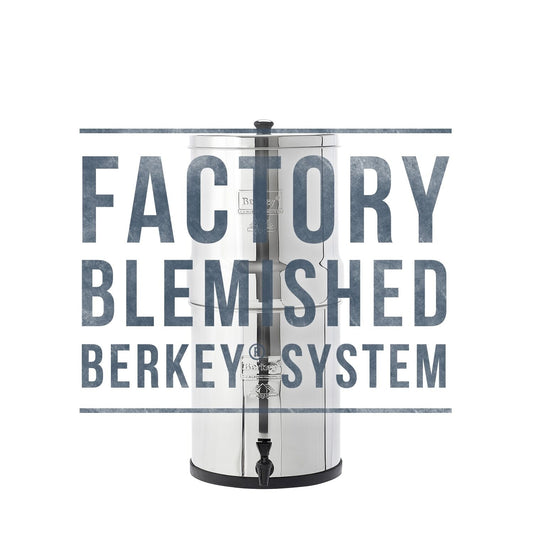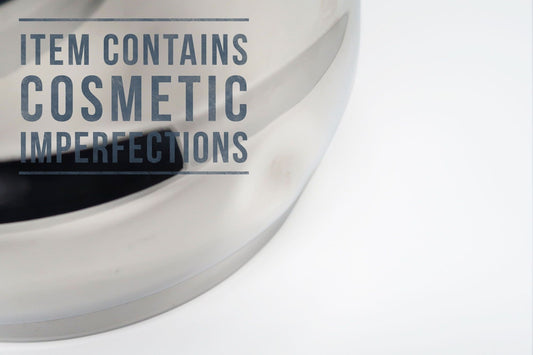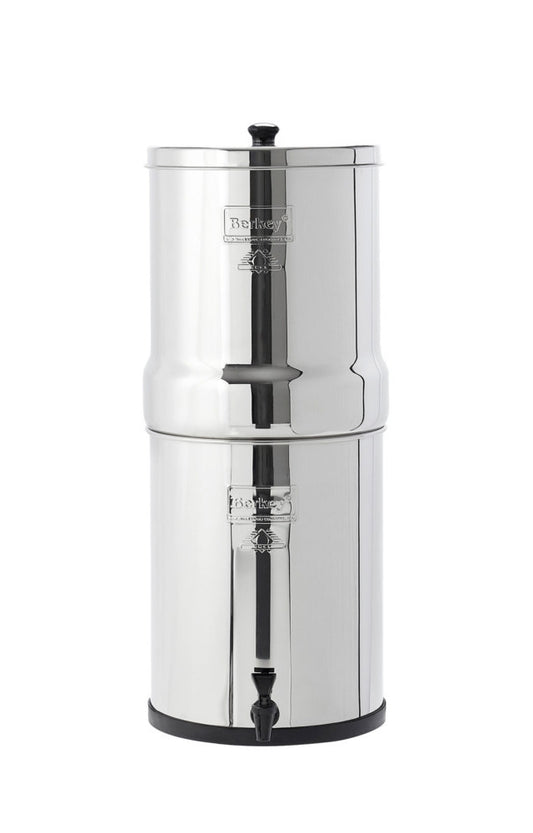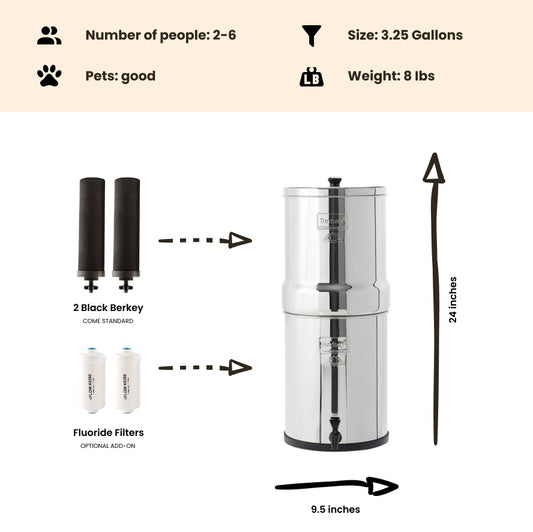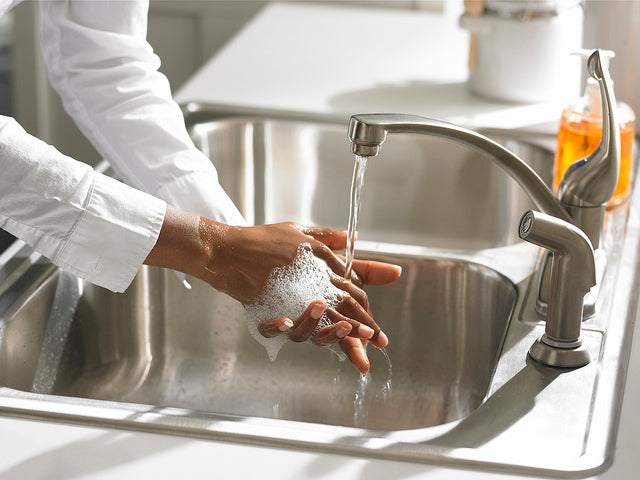
The Dark Side of Anti-Bacterial Soap
By Dan DeBaunShare
Almost every home in the US uses a variety of household products that contain the anti-bacterial agent triclosan. It is commonly used in the soaps we use for washing our hands or washing our laundry, the toothpaste we use for brushing our teeth, as well as a host of other everyday cleaning products. Consequently, as we go about our daily hygiene or cleaning routine, we are more than likely adding triclosan into our freshwater sources via our wastewater.
Triclosan is routinely added to toothpaste, antibacterial soaps, household detergents, paints, carpets, and even toys, and while the germ-wary consumer may find some comfort in knowing their family is protected from germs, the reality is that most of these products, especially antibacterial soaps, don't offer much more protection than using normal soap and water. Yet triclosan poses a problem — not only does it kill bad bacteria, it also kills beneficial bacteria.
Research has shown that triclosan has given rise to antibiotic resistance, making treatment of common ailments and illnesses with antibiotics less effective. Triclosan also poses an environmental risk; it is harmful to algae, and can disrupt normal hormone functioning -- and thus development -- in wildlife. The FDA is busy conducting studies to determine the health risk it poses on humans. 
Credit: https://www.flickr.com/photos/usdagov/
While it is believed that the majority of triclosan is removed during the wastewater treatment process, the US Geological Survey (USGS) has found traces of triclosan in approximately 58% of streams tested.
"What you use has an impact even though you're probably not thinking about it," says Monica Mendez, an associate professor in the Department of Biology and Chemistry at Texas A&M International University, and lead author of a research paper that was recently published in the Journal of Environmental Quality. "If a river happens to be a source of irrigation, could triclosan possibly get into our food?" Mendez asks.
In order to gain a better understanding of how tricolosan-contaminated water affects soils and plants that are irrigated with it, Mendez and her research team used triclosan-contaminated water to irrigate tomatoes, onions and exposed soil. When the crops were harvested, the researchers detected triclosan in all edible parts of both plants. However, this was at levels considered safe for human consumption. The researchers also found that even though triclosan broke down rapidly in soils, it never broke down completely. Instead, it breaks down into other harmful hormone disrupting compounds that can be even more detrimental than triclosan.
The researchers are also concerned about the effect that triclosan has on bacterial communities living in soils, which are necessary for healthy plant growth. Because triclosan indiscriminately targets both good and bad bacteria, it not only kills disease-causing bacteria, but beneficial bacteria too. Plants tend to flourish in soils that have a thriving and diverse microbial community, but these bacterial communities can be negatively impacted by triclosan.
"We know that triclosan decreases the diversity of bacterial communities," says Mendez, "But we still need to figure out which good bacteria we are losing."
This is the first study that measures the effects of long-term, repeated exposure to triclosan on soils and plants. Mendez hopes that future studies will assess the impact that triclosan has on soil microbes.
"Because we're all concerned about disease-causing bacteria, we generally ignore what happens below ground," Mendez says. "Water and soil come together. We need to look at the quality of both, because food is important."
Journal Reference Monica O. Mendez, Erika M. Valdez, Eileen M. Martinez, Melissa Saucedo, Brittan A. Wilson. Fate of Triclosan in Irrigated Soil: Degradation in Soil and Translocation into Onion and Tomato. Journal of Environment Quality, 2016; 45 (3): 1029 DOI: 10.2134/jeq2015.07.0386
-
Regular price From $302.00 USDRegular priceUnit price / per
-
Regular price $234.00 USDRegular priceUnit price / per
-
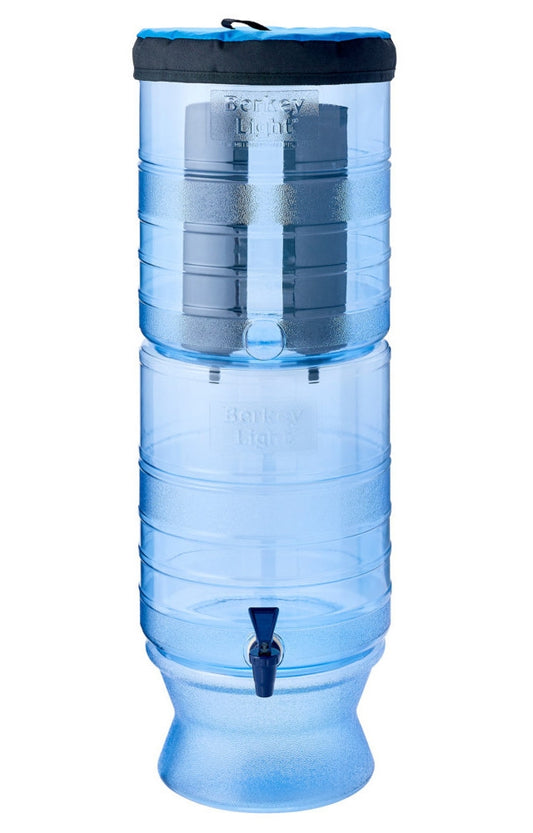
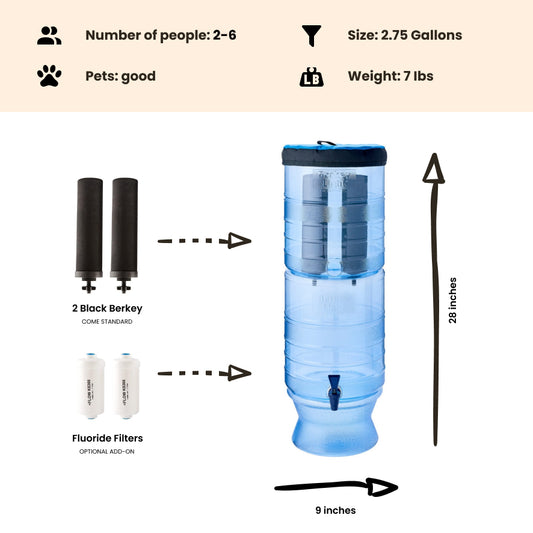 Sold outRegular price From $305.00 USDRegular priceUnit price / per
Sold outRegular price From $305.00 USDRegular priceUnit price / per -
Regular price $327.00 USDRegular priceUnit price / per
-
Regular price From $367.00 USDRegular priceUnit price / per
-
Regular price From $408.00 USDRegular priceUnit price / per
-
Regular price From $451.00 USDRegular priceUnit price / per

Dan DeBaun
Dan DeBaun is the owner and operator of Big Berkey Water Filters. Prior to Berkey, Dan was an asset manager for a major telecommunications company. He graduated from Rutgers with an undergraduate degree in industrial engineering, followed by an MBA in finance from Rutgers as well. Dan enjoys biohacking, exercising, meditation, beach life, and spending time with family and friends.
~ The Owner of Big Berkey Water Filters

